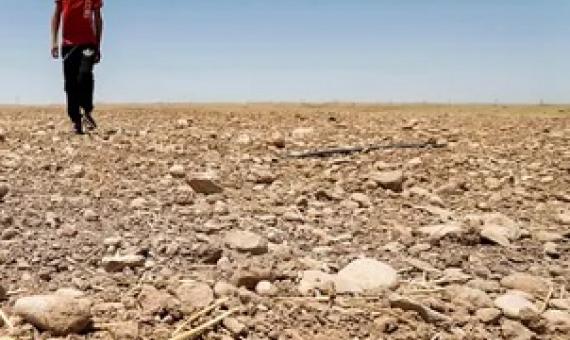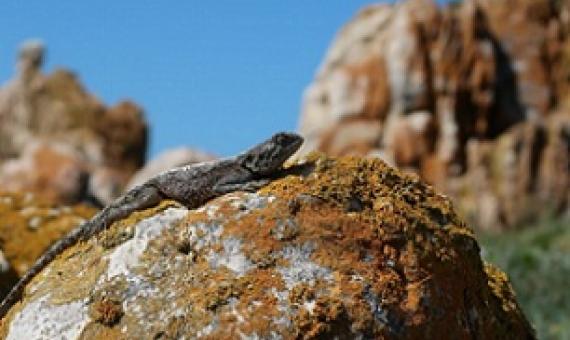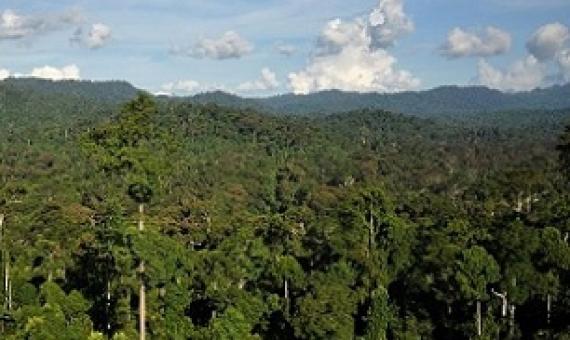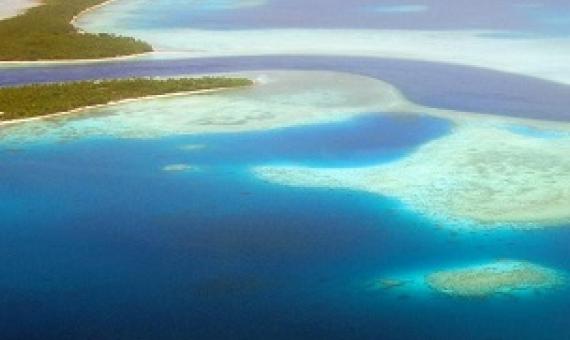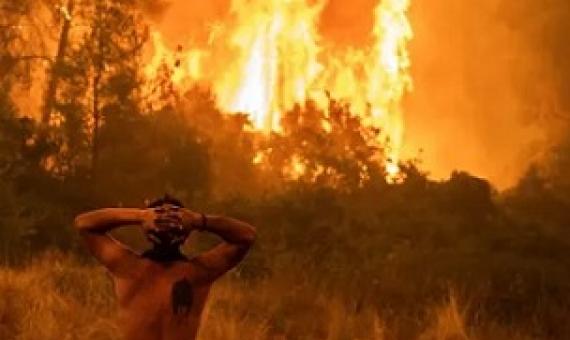Greta Thunberg has already pronounced the COP26 climate conference a failure. In important respects, the Swedish activist is correct. The commitments made at the conference are insufficient to hold global heating to 1.5℃ this century.
The world is on track for disastrous levels of global heating far in excess of the limits in the Paris climate agreement, despite a flurry of carbon-cutting pledges from governments at the UN Cop26 summit.
It is not easy to predict how animals—from insects to fish—are going to respond to climate change and especially extremes of temperature. This lack of understanding hinders our ability to predict the vulnerability of these animals to climate change.
Planting trees and replenishing forests are among the simplest and most appealing natural climate solutions, but the impact of trees on atmospheric temperature is more complex than meets the eye.
The Pacific's coral reef systems and coastal fisheries are set for extinction if wealthy nations don't drastically and immediately cut greenhouse gas emissions.
Human activity is changing the Earth’s climate in ways “unprecedented” in thousands or hundreds of thousands of years, with some of the changes now inevitable and “irreversible”, climate scientists have warned.
The Earth is trapping nearly twice as much heat as it did in 2005, according to new research, described as an “unprecedented” increase amid the climate crisis.


